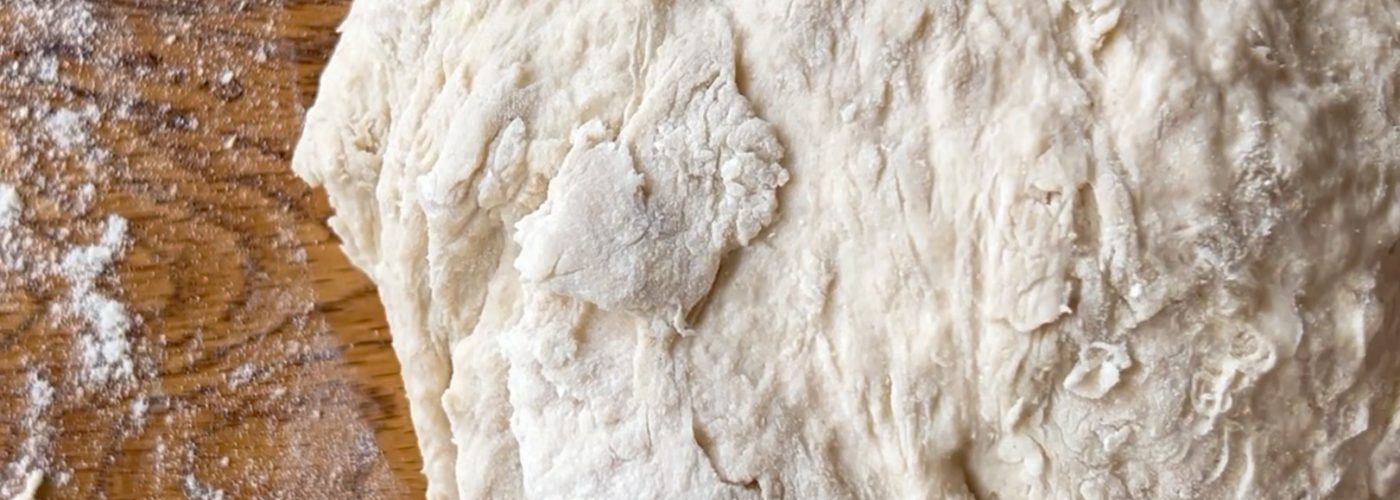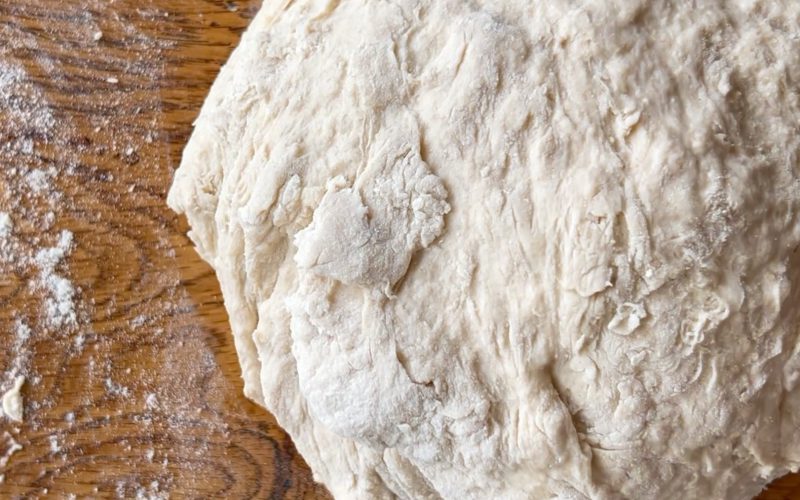16:00 -17:30 (afternoon program. doors open 15:45)
19:30 – 22:30 (evening program. doors open at 19:15)
Sunday 24 November has a special afternoon program. You can choose to attend the afternoon performance, the evening performance, or both. Those who attend both are invited to join us for some simple warm food.
Share, taste, listen, move, be with us…
Afternoon program
In Three Songs to Re-member: A Tree, A Fruit, A Seed, Lina Issa moves through landscapes of memory and loss, of grief and joy.
Lina warmly invites parents and grandparents to bring their children (6 years old and above) to this special program of ‘songs to re-member’.
The children will be invited to join the exchange. Lina will speak in Arabic, English and Dutch to create bridges.
Evening program
The evening is programmed as one continuous performance: local and international artists share the stage. Stories, performance, dance, music and food gestures overlap. You will be welcomed into a ritualized, collective space.
A musical invitation with Ammar Taher (oud)& Fadi Farkouh (violin)as we tune in to each other and the space around us.
How do spaces overlap? Fariborz Karimi (in Tempel) and Mona.A (in Tehran) perform an excerpt of Whispered Dreams, a collaboration based on letter-writing.
Fariborz and Mona are co-writing and co-making this performance through texts that are in between letters, dreams and whispers. Exploring friendship and self-censorship in different contexts.
A sourdough starter passes from hand to hand, place to place, is shaped and reshaped. A question arises: what does it mean to belong, when one is forever being displaced? In Restless by Giath Taha, the hands engage with a living, breathing material that holds the weight of time, memory, temporality, and identity politics: bread dough. The performance reflects on the carried traces, the forms one inhabits, and the restless feeling of dislocated identity through the continuous motion of the resting and rising of the dough.
Bita Bell shares her artistic practice a dance manifesto of hope and fury. This practice explores how to activate our senses for solidarity through movement, voice, and their sensibilities. It engages the body as both a personal and collective archive containing multitudes.
In Ritual under Occupation, Anastasis Sarakatsanos shares a story from one of his early visits to Occupied Palestine, of how he began to see the resourcefulness of the communities with whom he was a guest. The story reveals the social and political significance of ritual under occupation, where celebration becomes a quiet act of resistance and connection.
The Festival Bar will open after the performance program for release, mourning, celebration or comfort.
All our tickets are pay-what-you-can to offer everyone the possibility to join the festival. If you’re able to contribute more, your generosity helps making this possible.
A free option (accessible with a code provided on request by e-mail to DOTE) is available for those who cannot pay/cannot make a payment to Dancing on the Edge.
Photo by Giath Taha



